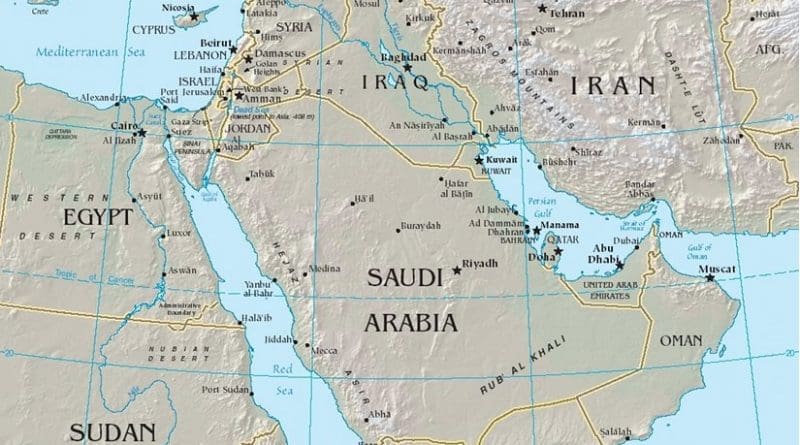Rhetoric That Leads To War
By VOR
By Chupina Maria
The militarist rhetoric in the Middle East, particularly the threats to use force against Iran, may lead to a devastating war, Russian President Dmitry Medvedev said at a press conference in Berlin on Monday.
Tensions around Iran escalated sharply after Israel signaled that it had ruled out possible preventive strikes against the Islamic Republic. The signal came ahead of the International Atomic Energy Agency’s upcoming report, which is widely expected to provide evidence of a military component in the Iranian nuclear program. Israeli media speculated that Prime Minister Benjamin Netanyahu had secured his key ministers’ consent for a possible military operation against Iran. The IAEA report is strictly confidential, but some Israeli media claim to be well-informed about its contents. Even though the Defense Minister Ehud Barack dismissed the above speculation, analysts say that there is no smoke without a fire. Russian President Dmitry Medvedev has warned that the bellicose rhetoric is extremely dangerous. At the same time, he believes that Tehran should also behave in a more responsible way:
“We cannot ignore the current problems in the Israeli-Iranian relations. As a responsible member of the international community, Russia has called and will continue to call on Iran to behave in a responsible manner, to honor its commitments and to confirm the peaceful nature of its nuclear program. Sadly, there has been no progress along this path. As for the bellicose statements that Israel or anybody else is ready to use force against Iran or any other Middle East country – this is extremely dangerous rhetoric. We are aware of the deep-running tensions in the Middle East and of the situation most countries of the region are currently facing. We are aware that the Middle East process remains deadlocked despite considerable efforts by the negotiating parties and the mediators. In these circumstances, if we raise a militarist wave or threaten anyone – this might have very serious implications – and even lead to a conflict. Therefore, I think that we must take a deep breath, calm down and continue constructive talks on all the issues on the Middle East agenda.”
French Foreign Minister Alain Juppe on Monday echoed President Medvedev’s concerns that threats might lead to a war that would be a catastrophic scenario for the Middle East. Mr. Juppe actually repeated what President Nicolas Sarkozy said last week, namely that military interference in Iran’s affairs might inflict irreparable damage.
Andrei Volodin, a professor at the Russian Diplomatic Academy, thinks that possible strikes against Iran would knock the entire the Middle East out of balance:
“Nothing good will come out of this. Iran is not Libya. It’s a large country and its resources and demographic potential are way above those of Israel. Besides, Iran has affiliated structures scattered all over the Middle East as well as near the Israeli borders. How they will behave in this situation remains to be seen. It’s unclear how this would affect the troubled Middle East communities, above all the Kurds. Syria might face big problems and Turkey too. Is Turkey ready for this?”
Professor Volodin is hoping that common sense will prevail.
Meanwhile, Iranian Foreign Minister Ali Akbar Salehi has condemned suspicions raised by the IAEA over Iran’s nuclear program. And the Iranian Defense Minister Ahmad Wahidi has warned that Iran is ready to counter any threat.

